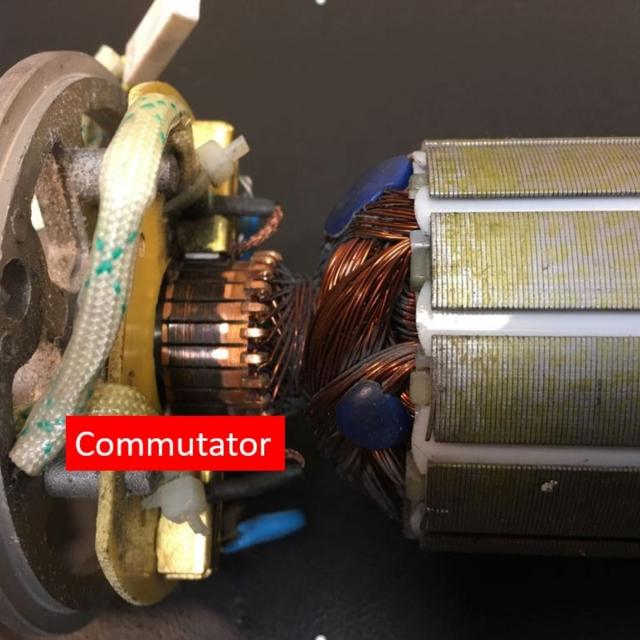MOOC List is learner-supported. When you buy through links on our site, we may earn an affiliate commission.

MOOC List is learner-supported. When you buy through links on our site, we may earn an affiliate commission.
After taking this course, you will be able to:
- Understand how to specify the proper AC or DC motor for a machine design.
- Integrate the motor to a machine, based on analysis of motor equations for voltage, current, torque and speed.
- Implement the motor and accompanying rotary sensor into a motor control circuit in both hardware and software.
- Add a motor and motor control circuit into a microprocessor based development kit.
- Create hardware and firmware to process motor feedback data to a microprocessor for further evaluation.
Course 2 of 4 in the Embedding Sensors and Motors Specialization.
Syllabus
WEEK 1
AC Motor Designs
In module 1 you will learn principles of operation of AC induction motors, both single and 3-phase types. You well then learn how to interpret data from torque speed curves, and how to optimize data in these curves based on electrical resistance, inductance, and capacitance. Then you will learn about different types of single phase motors, featuring a video analysis of a split phase motor used in a clothing dryer. You will also learn about typical applications for single phase motors, which will assist you in picking the right one for an application.
WEEK 2
AC Motor Control
In module 2 you will learn the details of AC motor specifications and enclosures, as well as how these details are governed by national and international design standards. Then you will learn a detailed methodology for researching design requirements for AC motors, and how to use these requirements to pick the right motor for your needs. Afterwards, you will have lessons on AC motor control components and systems, both manual and automatic. This will culminate in training for you on AC variable speed drives.
WEEK 3
DC Motors
In module 3 you will learn principles of DC motors, traditional brushed motors, as well as electronically driven brushless motors. We will discuss shunt wound, series wound, compound wound, servo, stepper, and torque motors, with detailed explanation of how commutation and control is implemented in these designs. We will have a lab exercise for you on DC motor speed measurement. We will have another video analysis for you, this time featuring teardown of a paper shredder. Then you will learn a detailed methodology for researching design requirements for DC motors, and how to use these requirements to pick the right motor for your needs.
WEEK 4
DC Motor Control and Stepper Motors
In module 4 you will start off with another lab exercise, this time gaining hands-on experience with DC motor control. Then, we will illustrate a simplified stepper motor drive, so you will understand the basic principles involved in stepper motor control. Next, you will do a deep dive into stepper motor specs, operation and commercial driver chips and packages. You will then do another lab exercise, this time on actuating a rotary sensor. We end the module with a comparison of DC vs. AC motors, so you take away a core understanding of their pros and cons.
WEEK 5
Course Projects
In this module you will perform your lab work for the Course. There will be two labs
MOOC List is learner-supported. When you buy through links on our site, we may earn an affiliate commission.
MOOC List is learner-supported. When you buy through links on our site, we may earn an affiliate commission.
